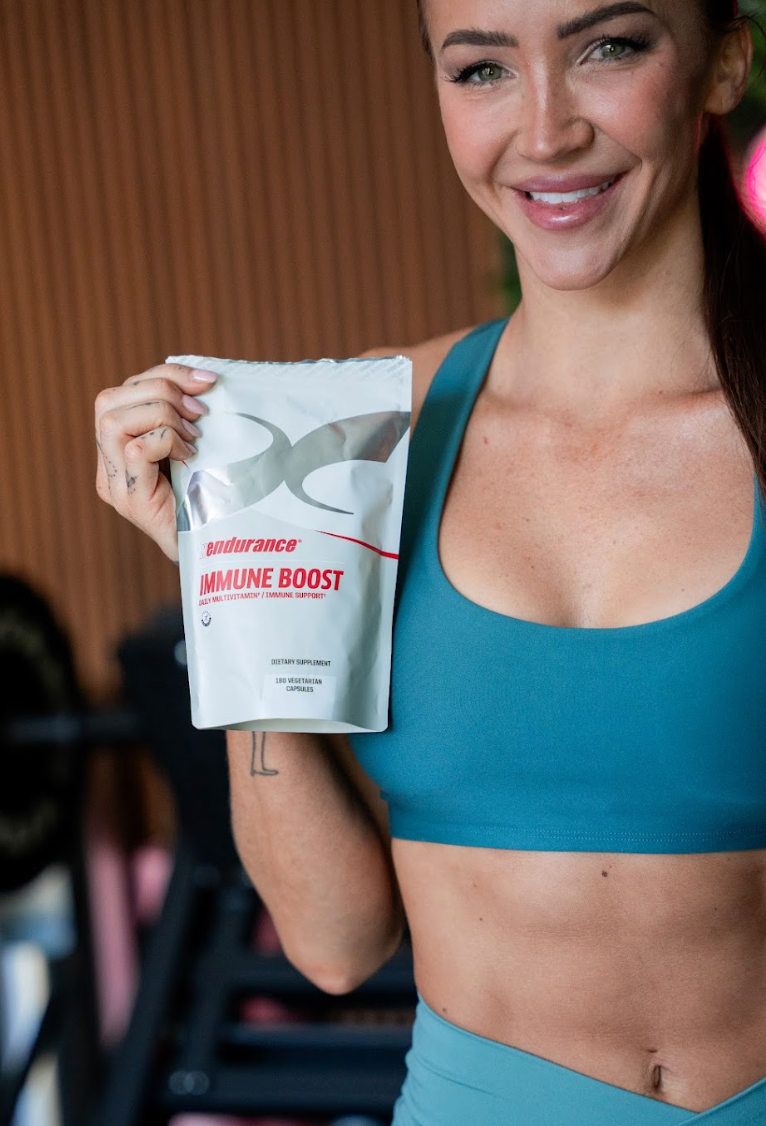As we navigate through life, our eyes bear witness to countless moments, from the mundane to the magnificent. Yet, like the rest of our bodies, they are not immune to the ravages of time. Aging eyes can lead to issues such as presbyopia (difficulty focusing on close objects), cataracts, age-related macular degeneration (AMD), dry eyes, and reduced night vision. The good news is that while some changes are inevitable, many can be slowed or prevented through proactive lifestyle choices and nutritional strategies.
To address the effects of aging on your eyes effectively, consider these evidence-based strategies and daily practices for protecting your vision. This includes using protective items such as sunglasses and hats, ceasing smoking, adopting diets abundant in antioxidants, managing body weight, and incorporating additional supportive measures. Delve further into the essential carotenoids lutein and zeaxanthin, which are vital for eye health, by examining their advantages, scientifically supported dosages for countering age-related changes and macular degeneration (AMD), and their protective function against blue light. Additionally, explore supplements like Xendurance Immune Boost, which deliver these nutrients at proven effective concentrations.
Everyday Habits to Shield Your Eyes from Aging
Protect Against UV Radiation with Sunglasses and Hats
- Wear sunglasses that block 100% of UVA and UVB rays to prevent damage to the lens and retina, which can lead to cataracts and macular degeneration.
- Choose wraparound styles for maximum coverage.
- Pair with a wide-brimmed hat to reduce glare and block harmful rays, especially between 10 a.m. and 4 p.m.
- This combination prevents premature wrinkling around the eyes and protects delicate skin and internal structures.
Quit Smoking for Eye Longevity
- Tobacco smoke promotes oxidative stress, inflammation, and cell damage in the eyes due to thousands of chemicals.
- Smokers are up to four times more likely to develop age-related macular degeneration (AMD) and experience worsened dry eye syndrome from impaired tear production.
- Seek support via cessation programs, nicotine replacements, or apps if you're a smoker.
- Avoid secondhand smoke by creating smoke-free environments.
Adopt an Antioxidant-Rich Diet
- Antioxidants neutralize free radicals that damage cells and accelerate aging.
- Focus on colorful fruits and vegetables: berries and citrus for vitamins C and E to support collagen and protect against oxidative damage; leafy greens like spinach and kale.
- Include omega-3 fatty acids from quality triglyceride oemgas or fatty fish like salmon or flaxseeds to reduce inflammation and lower risks of dry eyes and AMD.
- Add zinc-rich foods (nuts, seeds, lean meats) to aid vitamin A absorption for night vision.
- Incorporate beta-carotene from carrots and sweet potatoes, which converts to vitamin A for cornea health.
- Aim for a "rainbow plate" daily to provide protective nutrients.
Maintain a Healthy Weight and Incorporate Exercise
- Obesity increases risks of diabetes and hypertension, which can damage eye blood vessels.
- High blood sugar can cause diabetic retinopathy and vision loss; high blood pressure strains retinal vessels.
- Engage in 150 minutes of moderate weekly exercise (e.g., brisk walking, swimming) to control weight and improve circulation for oxygen and nutrient delivery to the eyes.
Prioritize Hydration
- Dry eyes worsen with dehydration; drink at least eight glasses of water daily, more if active or in dry climates.
- Use a humidifier in arid environments to maintain ocular surface moisture.
Focus on Sleep and Stress Management
- Poor sleep disrupts natural eye repair, leading to puffiness, dark circles, and accelerated aging signs.
- Aim for 7-9 hours of sleep nightly.
- Practice relaxation techniques like meditation to lower cortisol and reduce eye tissue inflammation.
Schedule Regular Eye Exams and Manage Chronic Conditions
- Starting at age 40, get comprehensive eye checks every 1-2 years to detect issues early.
- Diligently control chronic conditions, such as blood sugar levels, to prevent diabetic eye complications.
Additional Recommendations
- Limit screen time to reduce blue light exposure (discussed further later).
- Follow the 20-20-20 rule: every 20 minutes, look 20 feet away for 20 seconds.
- Apply gentle eye creams with hyaluronic acid or retinol to combat under-eye wrinkles, avoiding harsh ingredients.
- Avoid rubbing eyes to prevent collagen breakdown.
- If wearing contacts, adhere to hygiene protocols to avoid infections that could scar the cornea.
The Power of Lutein and Zeaxanthin: Nature's Eye Guardians
Among the arsenal of nutrients for eye health, lutein and zeaxanthin stand out as superstars. These are xanthophyll carotenoids, pigments found in plants that give them their vibrant yellow and green hues. In the human body, they concentrate in the macula—the central part of the retina responsible for sharp, detailed vision—forming what's known as macular pigment. This pigment acts like internal sunglasses, filtering harmful high-energy blue light and ultraviolet rays that penetrate the eye, thus preventing photodamage.
Their antioxidant properties are profound. Free radicals from light exposure, pollution, and metabolism can oxidize retinal cells, leading to inflammation and cell death, hallmarks of aging eyes. Lutein and zeaxanthin neutralize these radicals, reducing oxidative stress and supporting cellular integrity. Studies show they also exhibit anti-inflammatory effects by modulating pathways like NF-κB, and antiangiogenic properties that inhibit abnormal blood vessel growth in advanced AMD.
Research extensively links higher intakes of these carotenoids to slower eye aging and reduced AMD risk. AMD, affecting over 200 million people worldwide, involves macular deterioration, leading to central vision loss. The Age-Related Eye Disease Study 2 (AREDS2), a landmark trial involving over 4,000 participants, found that supplementing with 10 mg of lutein and 2 mg of zeaxanthin daily, alongside other nutrients like vitamins C and E, zinc, and copper, reduced the progression to advanced AMD by 10-20% compared to controls without these carotenoids. Serum levels of lutein and zeaxanthin increased significantly, correlating with improved macular pigment optical density (MPOD), a measure of retinal protection.
A meta-analysis in the British Journal of Ophthalmology reviewed multiple studies and concluded that individuals with the highest dietary intake of lutein and zeaxanthin had a 26% lower risk of late AMD. Another study in Nutrients emphasized that doses between 5-20 mg daily increase MPOD by 0.04 units in healthy adults, enhancing visual performance and contrast sensitivity. For cataracts, these nutrients may cloud lens progression by absorbing UV light and quenching singlet oxygen.
Dosages matter for efficacy. While the average Western diet provides only 1-2 mg of lutein daily, experts recommend at least 10 mg of lutein and 2 mg of zeaxanthin for optimal eye protection, as per AREDS2 findings. The Macular Society suggests 10 mg of lutein daily for beneficial macular pigment levels.
Beyond aging and AMD, lutein and zeaxanthin excel in combating blue light exposure—a modern epidemic from screens, LEDs, and fluorescents. Blue light penetrates deeply into the retina, generating reactive oxygen species that damage photoreceptors. These carotenoids absorb 40-90% of blue light, depending on MPOD levels, acting as a filter to prevent phototoxicity.
A primate study demonstrated that lutein or zeaxanthin supplementation restored foveal protection against blue-light-induced damage in xanthophyll-deficient subjects, reducing lesion sensitivity. Human trials, like one in Optometry and Vision Science, showed 10-20 mg daily improved visual performance under blue light stress, reducing glare and enhancing recovery time. With average screen time exceeding 7 hours daily, this protection is crucial to prevent digital eye strain and long-term degeneration.
Focus on Xendurance Immune Boost: A Smart Supplement Choice
For those seeking a convenient way to hit these research dosages, consider Xendurance Immune Boost. This multivitamin packs phytonutrients, antioxidants, and minerals, including effective research-supported amounts of lutein and zeaxanthin—aligned with studies like AREDS2 for eye protection. Specifically designed for immune support, it also targets eye health by shielding against blue light damage from prolonged screen use. The formula enhances bioavailability with BioPerine®, ensuring better absorption. It's Informed Sport Certified, ideal for athletes, but suitable for anyone prioritizing vision longevity.
Wrapping Up: A Clear Path to Youthful Eyes
Keeping your eyes from aging requires a multifaceted approach: protect with sunglasses and hats, quit smoking, embrace antioxidant-rich diets, maintain weight, and incorporate habits like exercise and hydration. But don't underestimate the targeted power of lutein and zeaxanthin—at 10 mg and 2 mg daily, respectively, they fortify against AMD, general aging, and blue light onslaughts, backed by robust science. Products like Xendurance Immune Boost make it easy to integrate these into your routine. By prioritizing these steps, you can enjoy sharp, vibrant vision well into your later years. Consult a healthcare professional before starting supplements, and remember—your eyes are windows to the world; treat them with care.









Leave a comment
This site is protected by hCaptcha and the hCaptcha Privacy Policy and Terms of Service apply.